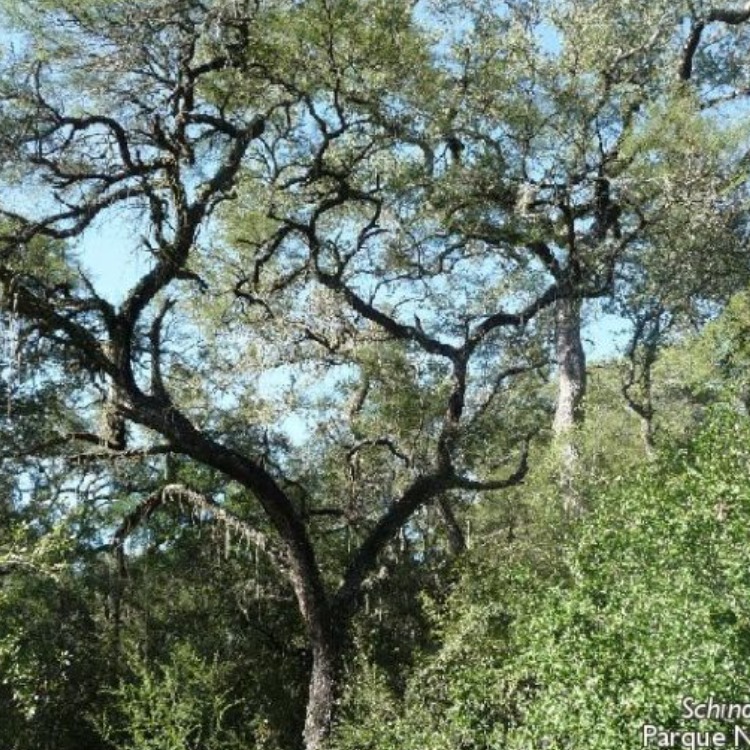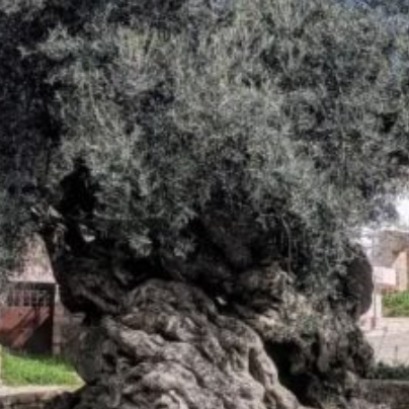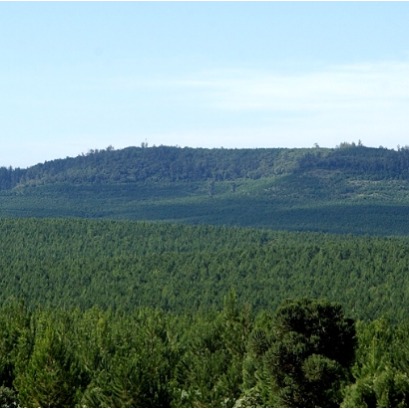
Tree Day in Argentina: What is the origin and why was it chosen on August 29?
The impulse of Estanislao Zeballos to generate ecological awareness in our country. Today the day of the tree is celebrated in Argentina. The countries established different dates to raise awareness about the importance of trees for the life of the planet. What was the origin of this celebration in Argentina? ...
Estanislao Zeballos, an exponent of the 80th generation, established in the National Council of Education a special day dedicated to the tree. August 29, 1901 was the first time that tree day was held as a goal to highlight awareness about caring and protecting wooded surfaces. It is also intended to establish a policy to plant spaces in different spaces. Over time, it became a call to alert about climate change and indiscriminate felling. Another promoter of afforestation was Domingo Faustino Sarmiento who pointed out that ?the cultivation of trees suits a pastoral country like ours, because not only the Arboriculture joins livestock, but must be considered an indispensable complement. ?The destruction of the Native Argentina forests, for almost 13 years, is in force Law 26,331 of native forests. It is an indispensable tool to plan the use of these ecosystems allowing to balance the production and conservation of nature. The forest law changed the national scenario for the protection of native forests and made visible the problem and importance of the conservation of these ecosystems. In addition, it encouraged a progressive decrease in the annual deforestation rate in Argentina, stabilizing in recent years. However, since 2007, in Argentina 3,500,000 hectares of native forests were lost and with them all the associated benefits. 60% of the Argentine native forests are in the Chaco region, which occupies 11 of the 23 provinces of our country.
IT MAY INTEREST YOU
 The second largest wetland in South America is located in Argentina: what is it?
The second largest wetland in South America is located in Argentina: what is it?
Argentina has national parks that place it in a unique position within South America, competing with 300 others. Which is the largest? South America is home to more than 300 national parks, but many go unnoticed. There are extensive wetlands that have been the subject of major ecological restoration projects, to coastal mountains with deep indigenous heritage. Today we tell you the case of one located in Argentina.
 Experts cant believe it, but this tree is the oldest in the world and continues to bear fruit: it is 4,000 years old.
Experts cant believe it, but this tree is the oldest in the world and continues to bear fruit: it is 4,000 years old.
Nature keeps secrets that defy the passage of time, and one of the most surprising examples is a tree that, approximately 4,000 years old, continues to bear fruit today. This specimen has become a symbol of resistance and longevity, capable of surviving climate changes, landscape transformations and human activity itself.
 Free seminar on the implementation of the European EUDR regulation on deforestation-free wood products
Free seminar on the implementation of the European EUDR regulation on deforestation-free wood products
The Argentine Forestry Association (AFoA) organizes the seminar «EUDR in Forest Products: Current status of implementation. Regulatory requirements and private experiences", which will take place on Wednesday, November 26, from 11:00 a.m. to 12:00 p.m., via Zoom, with live streaming on YouTube. The European Regulation on Deforestation-Free Products (EUDR) will enter into force on December 31, 2025 and will impose new requirements for forest products entering the European Union market.





















